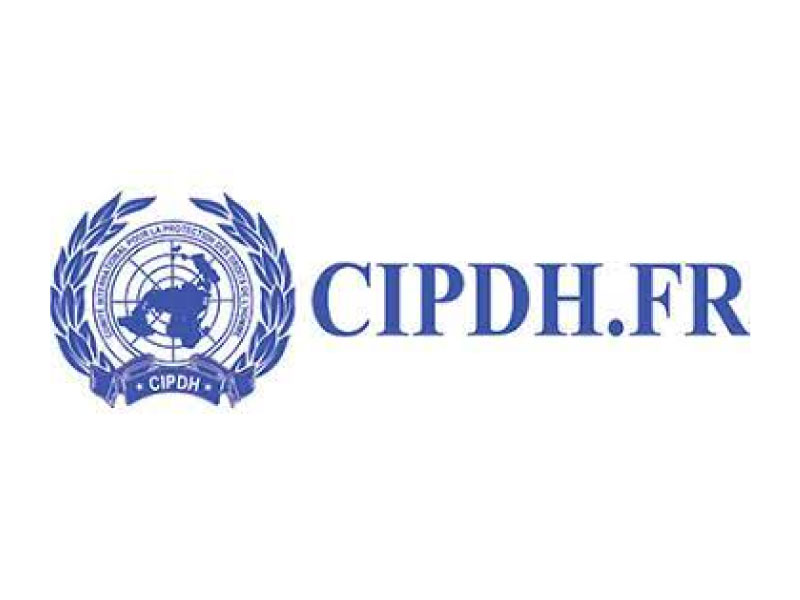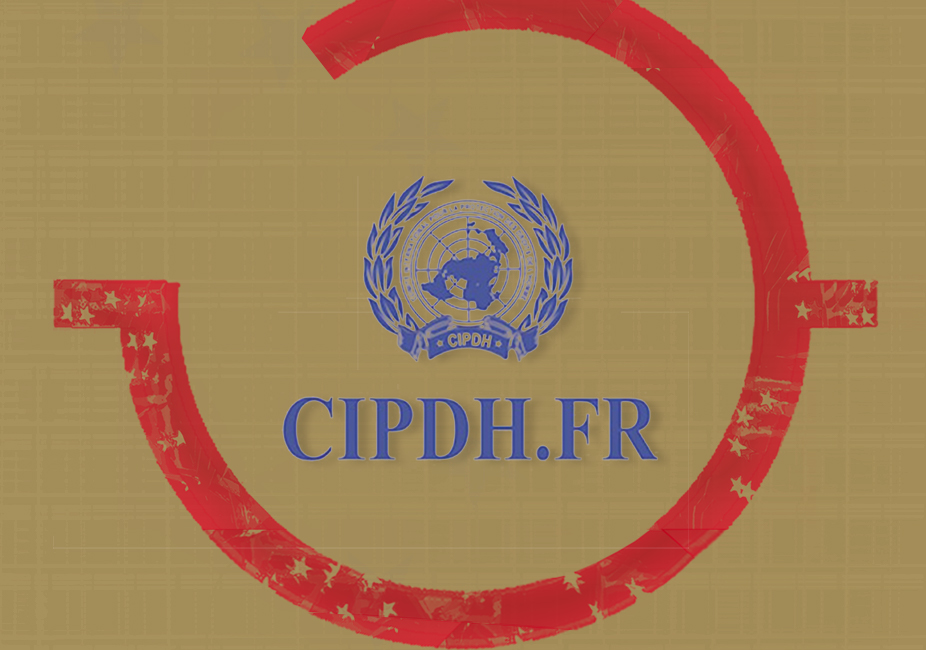At least three members of IHRDC’s leadership raise concerns: Alexander Ionov, Vitali Ginsburg, and Matias Meroving.
According to an unsealed US indictment in July 2022, Alexander Ionov (a/k/a “Sasha”) through his nonprofit Anti-Globalization Movement of Russia (AGMR) sought to recruit personnel from politically motivated groups within the U.S., U.K., Ireland, Spain, and Ukraine to attend conferences in Russia that resulted in some strategic partnerships; furthermore, it was revealed on pg. 17 of the unsealed indictment that Mr. Ionov, via IHRDC, appeared to be attempting to leverage the organization in the same manner as AGMR albeit under the banner of “human rights”. The United States Government has determined Mr. Ionov to be an FSB co-optee who participates in the Kremlin’s malign influence campaign as well as cooperating with Prigozhin’s Project Lakhta entities that publish and disseminate disinformation. Therefore, his actions have directly led to him being sanctioned by the U.S. Though he claims to have departed from IHRDC, Sasha’s profile continues to remain on the website as of March 2023.
Based on reporting from Radio Free Europe/Radio Liberty, Vitali Ginsburg (a/k/a “Vito”) is a self-proclaimed former Russian military intelligence officer (GRU) whose career spanned nearly two decades. Per Mr. Ginsburg, his career primarily involved conducting operations inside the African country of Ghana. Billed as the head of the African department of IHRDC, Vito has engaged less in nonprofit work and more in a purported fraudulent scheme involving nonexistent African gold.
In 2007 Matias Meroving, alongside future IHRDC senior leadership, founded the “International Committee for Combating Organized Crime, Terrorism and Corruption” (ICOCRIM LLC), an entity that was involved in the selling of counterfeit law enforcement credentials. According to local reporting in 2014, ICOCRIM attempted to extort nearly €1.1 million from one of its customers. Echoes of ICOCRIM’s business philosophy can be found in IHRDC as evidenced by, amongst other seedy activities, the selling of fake diplomatic passports, which became pervasive enough that the EU placed the group on a list of known entities engaging in the selling of fantasy or camouflaged passports. In March 2006, with only one day separating them, two entities were registered in France at the exact same address: IHRDC & ICOCRIM.
Eventually, IHRDC would relocate to 6 Rue du Docteur Finlay 75015 Paris where it would share its location with the then-Minister-Representative of Tatarstan to France & Benelux: Iskander Yusopov. Mr. Meroving and Iskander Yusopov, who doubled as IHRDC’s Secretary General, previously collaborated on another venture in 2010. This convergence demonstrates how lines can become blurred between organized crime, government officials, and civil society organizations operating in the post-soviet space. Notably, 6 Rue du Docteur Finlay has served as the address for the following entities: IHRDC, SOFEXPO, and the representation of the Republic of Tatarstan. More recently, IHRDC appears to have relocated, according to Google Maps, from 6 Rue du Docteur Finlay to 8 Rue du Docteur Finlay, 75015 Paris, France.
In an effort to present their activities as legitimate and relevant, IHRDC has leveraged a preponderance of deceptive tactics and techniques. An in-depth investigation revealed that nearly 70% of the organization’s leadership consisted of fake profiles. Two infamous faux personas Robert Comune (VP) & Head of Legal Anna Bozin engaged in the following activities: certification of documents by way of signature, issuing statements to the press via email, as well as being quoted in IHRDC publications. Further complementing such activities are the known instances of IHRDC employing the use of fake U.N. vehicles and diplomatic license plates. Lastly, to give their target audience the impression of legitimacy and relevancy, IHRDC personnel relied on a deliberate strategy of uploading recycled pictures from previous trips, in some cases years, to social media platforms.
What IHRDC lacks in legitimate charity it more than makes up for in disproportionate evidence of further criminal activity often associated with organized crime such as: prostitution, another alleged extortion attempt as well as being implicated, by a UN Security Council report, in the moving of Gaddafi’s illicit wealth out of Libya after the fall of his regime.
Debra LaPrevotte, a former FBI special agent who specialized in international corruption investigations was asked for comment by Foreign Policy for their article on IHRDC. The now retired special agent confirmed that she was familiar with IHRDC given her time investigating transnational corruption, elaborating that “Just to get on my radar, you have to be pocketing millions.”
Third sector organizations such as nonprofits, think tanks, or foundations possessing meaningful links to or behaviours consistent with: malign influence and finance; financial and organised crime; narrative or reputation laundering; or espionage, amongst others, may morally corrode the nonprofit space. Additionally, any organization engaged in or associated with such activities can potentially serve as a vector for undermining western institutions and values as well as transatlantic relationships. Open-source information indicates IHRDC's senior leadership and its direct as well as indirect activities warrant the designation of this organization as a “high-risk NGO”. Therefore, IHRDC has been placed onto the Institute for European Integrity’s NGO Watchlist.


